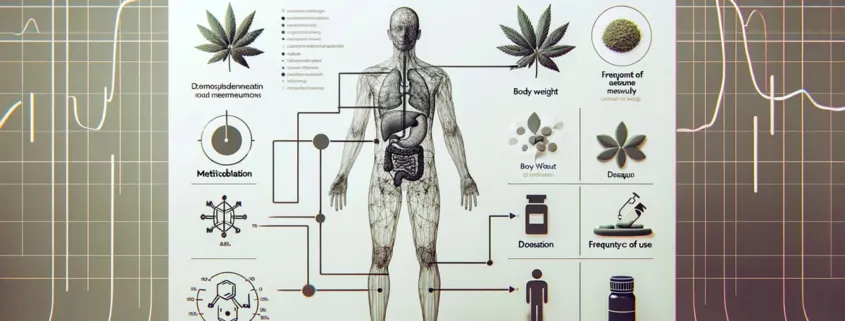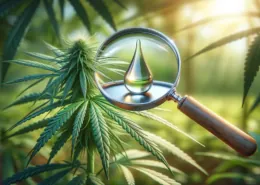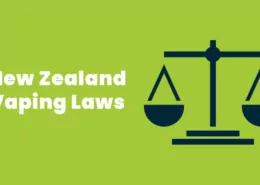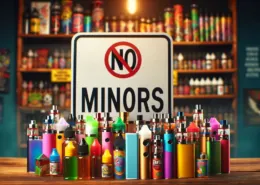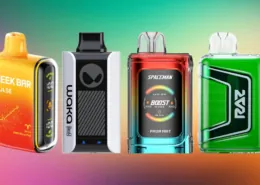How Long Does CBD Stay in Your Body System?
Cannabidiol (CBD) has taken the wellness world by storm. As more people incorporate CBD into their routines, a key question arises: how long does CBD stay in your body system? The answer, unfortunately, isn’t straightforward. It depends on a unique blend of factors like your dosage, body composition, and even what you ate for breakfast! This guide unravels the mystery of CBD elimination, empowering you to make informed choices about your CBD journey.
Key Takeways:
To understand how long CBD lingers in your body, it’s essential to grasp the concept of half-life (1). Half-life refers to the time it takes for the body to eliminate half of a substance. According to trusted sources, the half-life of CBD can range from about 1 hour to up to 5 days (2). Generally, the body will fully eliminate a drug within four to five half-lives.
So, what does this mean for CBD? Let’s break it down:
- If you smoke CBD, it typically has a half-life of 31 hours. This means that CBD can stay in your system for about a week after smoking.
- CBD sprays and drops have a half-life of 1.4 to 10.9 hours. This means that if you use a CBD spray or drops, it can stay in your body for anywhere from 10 hours to about 2 days.
- Chronic oral consumption of CBD products can increase its half-life to 2 to 5 days. In other words, if you regularly take CBD orally, it can remain in your system for 10 to 25 days.
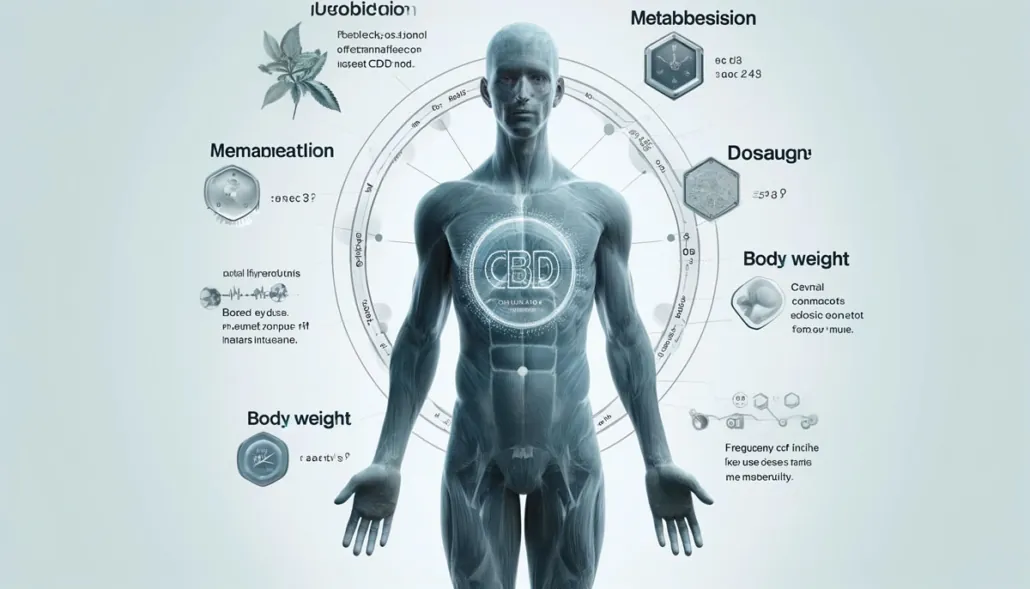
Dosage
The amount of CBD you consume plays a pivotal role in how long it lingers in your system. Think of it like a balancing act. Generally, higher doses (think 20mg or more) tend to stay in the body for a longer period compared to lower doses (around 5mg). This is because the body needs more time to process and eliminate larger quantities.
For regular CBD users, consistent consumption can lead to a buildup of CBD in the system over time, resulting in a more gradual elimination process. On the other hand, occasional users may find that CBD clears from their bodies more quickly.
How You Process CBD
Every individual’s body is unique, and this uniqueness extends to how CBD is processed and eliminated. Factors like your body mass index (BMI), metabolism, and water content all influence the duration of CBD’s presence in your system.
Imagine your body like a fingerprint – no two are exactly alike. Some people may metabolize CBD more quickly due to a faster metabolism, while others may have a slower metabolism, leading to a longer stay of CBD in their bodies. Understanding your body’s unique composition can help you better predict how long CBD may linger in your system.
Method of Consumption
The way you choose to consume CBD can also impact how long it stays in your body. Different forms of CBD, such as oils, tinctures, edibles, and topicals, have varying absorption rates and mechanisms, which can affect the onset and duration of effects.
When CBD is vaped, it enters the lungs and is quickly absorbed into the bloodstream, providing fast-acting effects that typically last a couple of hours. However, this method also leads to a relatively quick elimination of CBD from the body. Oils and tinctures, when placed under the tongue, are absorbed more rapidly into the bloodstream compared to edibles and can linger in the system for a longer period, potentially lasting 4-6 hours.
Edibles, on the other hand, must pass through the digestive system before being absorbed. This process can slow down the onset of effects (up to an hour or two) and prolong the elimination of CBD from the body, potentially lasting 6-8 hours or more. Topical CBD products, such as creams and lotions, are absorbed through the skin and may have a slower absorption rate (taking 45 minutes or more to kick in) and longer duration of effects, potentially lasting up to several hours on the applied area.
How Your Meals Interact with CBD
What you eat, how much you eat, and when you eat can all influence the way your body processes CBD. Consuming CBD on a full stomach can delay its absorption and result in a higher peak concentration in the bloodstream compared to taking it on an empty stomach. This is because food can slow down the emptying of the stomach and the absorption of CBD into the bloodstream.
Furthermore, the body tends to eliminate CBD more slowly when you have eaten, as opposed to during fasting states. Fasting allows the body to focus on processing and eliminating compounds like CBD more efficiently, as there are no competing digestive processes.
The CBD Half-Life
The half-life of CBD, which refers to the time it takes for the body to eliminate half of the compound, can vary significantly. Studies have shown that the half-life of CBD can range from about 1 hour to up to 5 days, depending on various factors.
Typically, the body eliminates a substance within four to five half-lives. For CBD sprays and drops, which have a half-life of 1.4 to 10.9 hours, the elimination time can range from 10 hours to about 2 days. Chronic oral consumption of CBD products can increase its half-life to 2 to 5 days, while smoking CBD results in a half-life of around 31 hours, meaning it can stay in the system for approximately a week.
CBD and Drug Tests
One of the concerns surrounding CBD use is its potential to show up on drug tests. While CBD itself is not typically the target of drug tests, many CBD products contain trace (3) amounts of THC, the psychoactive compound in cannabis that is often screened for.
Managing Your Risk:
- Choosing the Right CBD Products: If you are subject to drug testing, it’s crucial to be mindful of the CBD products you choose. Opt for broad-spectrum CBD or CBD isolate products, which have undergone processes to remove or isolate THC, minimizing the risk of a positive drug test result.
- Hemp-Derived CBD: Hemp-derived CBD, which is legally required to contain less than 0.3% THC in the United States, is also a safer option for those concerned about drug testing.
The Bottom Line
Understanding the factors that influence how long CBD stays in your system empowers you to make informed decisions about your CBD usage. Consider your individual needs, desired effects, and lifestyle when choosing a CBD product and consumption method.
Here are some additional tips to optimize your CBD experience:
- Start Low and Slow: Begin with a low dose of CBD (around 5mg) and gradually increase it as needed to find your optimal dosage. This allows you to assess the effects and avoid potential side effects.
- Track Your Experiences: Keep a journal to track your CBD use, dosage, and the effects you experience. This can help you determine the approach that works best for you.
- Consult a Healthcare Professional: Discuss your CBD use with your doctor or a qualified healthcare professional. They can provide personalized guidance based on your specific health condition and medications you are taking.
By following these tips and understanding the factors that influence CBD elimination, you can personalize your CBD experience and unlock its potential benefits.
References:
1: Jericho Hallare; Valerie Gerriets. – – StatPearls 2023: Half Life. https://www.ncbi.nlm.nih.gov/books/NBK554498/
2: Hannah Meissner; Marco Cascella. – StatPearls 2024: Cannabidiol (CBD). https://www.ncbi.nlm.nih.gov/books/NBK556048/
3: Marcel O. Bonn-Miller, PhD1; Mallory J. E. Loflin, PhD2; Brian F. Thomas, PhD. Labeling Accuracy of Cannabidiol Extracts Sold Online. JAMA. 2017;318(17):1708-1709. doi:10.1001/jama.2017.11909. https://jamanetwork.com/journals/jama/fullarticle/2661569
- Risks and Legality: Briefly mention potential risks associated with CBD use, such as drowsiness, dry mouth, and interactions with medications. You can also touch on the legal landscape surrounding CBD in different regions, advising users to check local regulations.
- Disclaimer: Include a disclaimer stating that the information provided is for educational purposes only and does not constitute medical advice.
- How to Choose Safe CBD for Dogs Without Guesswork - August 4, 2025
- Texas Senate Passes Revised THC Ban Bill (SB 5) - August 4, 2025
- Best Delta-8 THC Carts of 2025: Top 5 Vapes Reviewed - July 16, 2025

